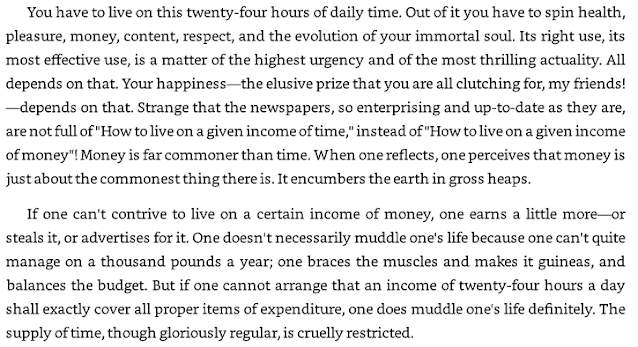210628 What I learned in my studies this morning
Dour seriosity

Self-criticism is part and parcel of Stoic thought, without it we would never improve, but that does no imply self-flagellation or self-condemnation.
Removes too much joy from life.
Play the fool sometimes.
Daily Stoic:

Self-criticism is part and parcel of Stoic thought, without it we would never improve, but that does no imply self-flagellation or self-condemnation.
Looking deeply into my thoughts, habits, virtues, vices, etc. requires me to be honest with myself about where I am doing well and where I need to do better. And it's the better part that should be my focus.
I fail. I allow myself to act in ways contrary to what I know I should do to live my best life. This happens quite often, in fact. When it does, it's an opportunity for me to learn and to avoid the same mistake next time.
A key feature of this is finding out what caused my failure. Once done, I can watch for that root to sprout again, nipping it in the bud before it blooms the next time I am stressed or otherwise less likely to be careful about my behavior.
From A Guide to the Good Life by William B. Irvine:
Chapter 21: Stoicism Reconsidered
Today's Meditation:
Chapter 21: Stoicism Reconsidered
Irvine understands that not everyone will be happy with his chimerical version of Stoicism (shifting from using Gods as a source of life and human intention to basing these on scientific / evolutionary principles). In his view, he has updated Stoicism to fit the modern world (much as Roman Stoics updated the Greek philosophy to fit their world and worldview).
For non-philosophers, the question becomes "Does it work? Will this (new) take on Stoic thought, maxims, and principles allow me to find tranquility?"
Not every philosophy will work for all people. Not every philosophy will even work for the same people al of the time. Everyone lives lives which may occasionally throw them an unexpected twist and which they must muddle through as best they can, despite not having guidelines or heuristics already in place to solve the problem.
For many, Irvine's version of Stoicism will be helpful. People who are ready to admit that they might be the source of their own dissatisfaction and those who already intuit the impermanence of life, in particular, are well-suited to this approach as it will strengthen those psychological predispositions and offer them ready-made tools to hone these tendencies into life-affirming habits.
People who insist that the troubles in their life, however, are in external forces and other people, who cannot accept their role in producing their own equanimity, may find Stoic thought uncompromising and accusatory. It may threaten their worldview as a victim of circumstance.




Comments
Post a Comment
Please note that I am not saying I agree or disagree with what is posted above. It is merely a recording of what I read this morning.